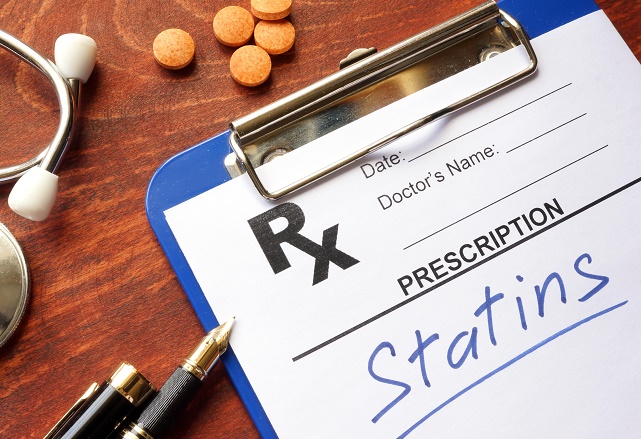In today’s world, hormonal imbalance is more common than ever. Luckily, there are many natural treatments for restoring hormone balance. However when it comes to diet and hormones, many important facts are often overlooked.
Did you know that cholesterol is actually used in the body to make hormones? And did you know that without enough cholesterol in your diet and your body, you can develop hormonal imbalance?
Cholesterol is actually a hormone! Actually some physicians refer to cholesterol as the “mother of all hormones”.
Statin drugs are commonly prescribed for patients with high cholesterol, and while it is very important to maintain a healthy lab reading for cholesterol, there are many ways to restore the healthy balance of fats within the body that will assist your body in naturally regulating your cholesterol.

Medications can be critical when they are absolutely necessary and luckily there are many ways to help prevent heart disease and hormonal imbalances naturally without the need for pharmaceutical interventions.
Did you know that research shows cholesterol is actually NOT a factor in heart disease? Millions of people each year die of heart attacks, even with low lab readings for cholesterol!
Did you also know that a woman’s cholesterol levels vary with different phases of her menstrual cycle?
National Institutes of Health researchers have shown that women’s cholesterol levels correspond with monthly changes in estrogen levels. This natural variation might indicate a need to take into account the phases of a woman’s monthly cycle before evaluating her cholesterol measures. On average, the total cholesterol level of the women in the study varied 19 percent over the course of the menstrual cycle.
In a typical cycle, estrogen levels steadily increase as the egg cell matures, peaking just before ovulation. Previous studies have shown that taking formulations which contain estrogen — oral contraceptives or menopausal hormone therapy — can affect cholesterol levels. However, the results of studies examining the effects of naturally occurring hormone levels on cholesterol have not been conclusive.
The researchers found that as the level of estrogen rises, high-density lipoprotein (HDL) cholesterol also rises, peaking at the time of ovulation. HDL cholesterol is believed to be protective against heart disease.
In contrast, total cholesterol and low-density lipoprotein (LDL) cholesterol levels — as well as another form of blood fat known as triglycerides — declined as estrogen levels rose. The decline was not immediate, beginning a couple of days after the estrogen peak at ovulation. Total cholesterol, LDL cholesterol and triglyceride levels reached their lowest just before menstruation began.
Blood works for cholesterol should be taken at the end of a woman’s cycle
Cholesterol levels will be elevated in women before ovulation, which could have a particular impact on women whose cholesterol levels are already high. When a test shows a high cholesterol level, physicians will often order an additional test to make sure the reading is accurate. Testing at the end of a woman’s cycle when cholesterol levels are low might do away with the need for an additional test to confirm a high cholesterol reading.

